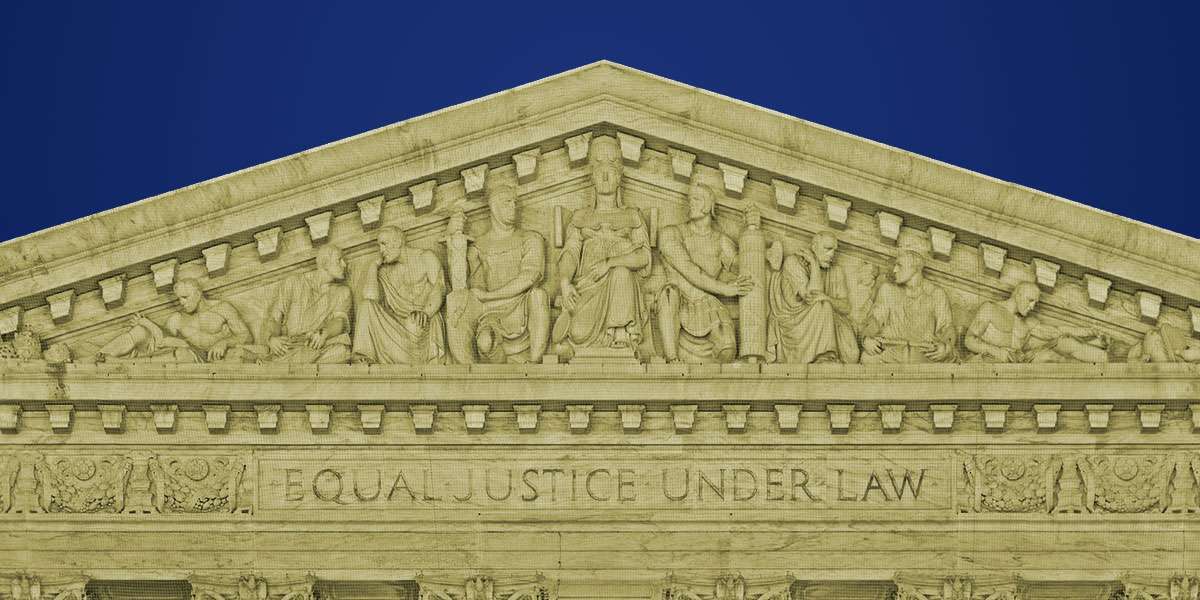The Supreme Court of the United States is preparing to hear arguments in the case Free Speech Coalition v. Paxton on Wednesday, which could have significant implications for the rights of freedom of speech, anonymity, and privacy of internet users. At the center of this debate is the Texas law, HB1181, which requires various websites to implement an age verification system to access online sexual content. This regulation could affect numerous sites that are not exclusively dedicated to adult content.
The plaintiff organization, Free Speech Coalition, representing the adult entertainment industry, argues that the law infringes on rights guaranteed by the First Amendment, by requiring users to provide sensitive personal information to access legally protected material. This law classifies any site with a third or more of “harmful to minors sexual material” and requires them to collect age verification data from all their visitors, which could lead to a general violation of privacy.
Critics of the law argue that online age verification becomes a surveillance system that poses serious risks to user privacy. Currently, more than 15 million adults in the United States do not have a driver’s license, and other verification methods, such as using online transactional data, could leave out numerous individuals, making the law especially problematic.
Furthermore, implementing a verification system could create an atmosphere of online insecurity, discouraging adults from accessing desired content out of fear of losing their anonymity. This aspect of browsing is essential for the freedom of expression protected by the First Amendment. Likewise, retaining this sensitive information increases the risk of data security breaches, exposing users’ personal information and associating it with the type of content they consume, creating a hostile environment that could deter the use of certain sites.
The Court’s decision could set a significant precedent for other states that have considered or implemented similar laws, affecting not only access to adult content but also social media platforms if broader federal laws requiring age verification are enacted. In the past, the Supreme Court has made it clear that such laws are unconstitutional, as evidenced in the case Reno v. American Civil Liberties Union in 1997, where an online age verification law was invalidated.
With the hearing date approaching, expectations are high as to whether the Supreme Court will protect the rights of online users and ensure that the First Amendment continues to regulate the information and content accessible to all.
Source: MiMub in Spanish











